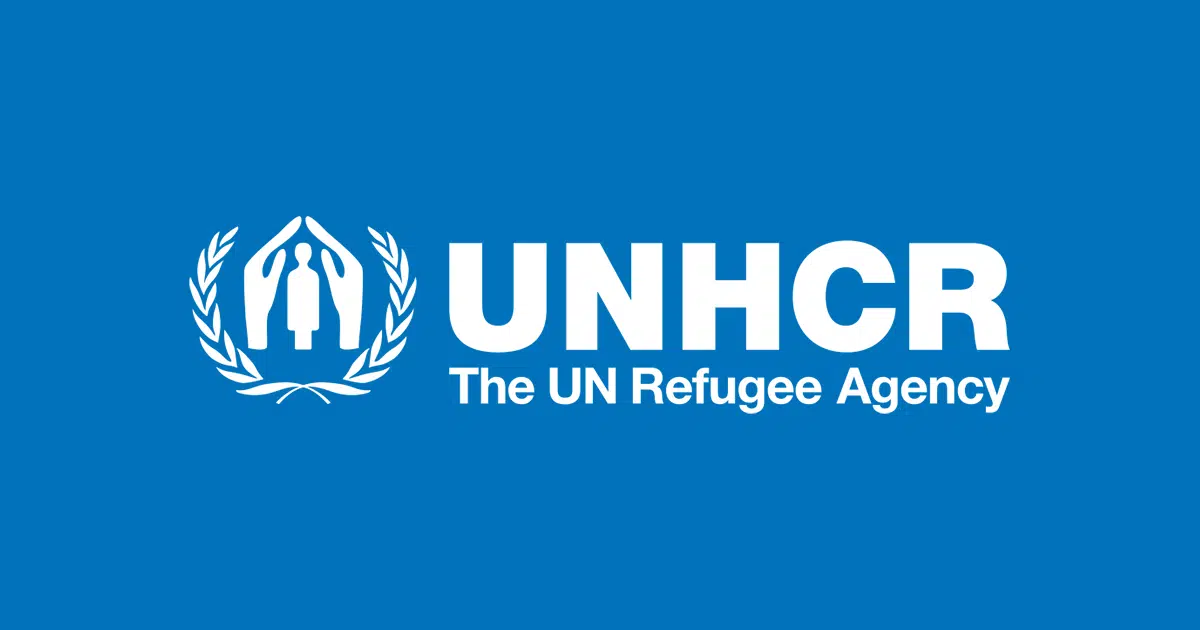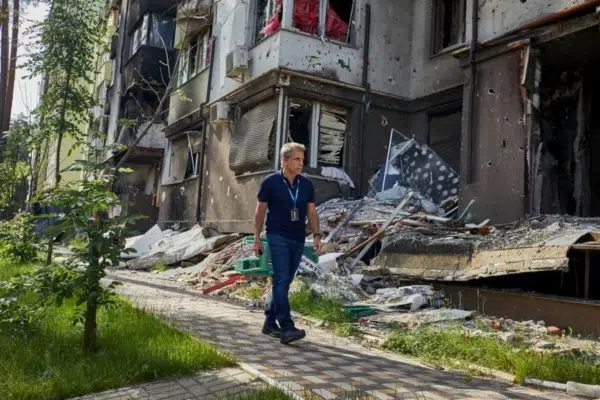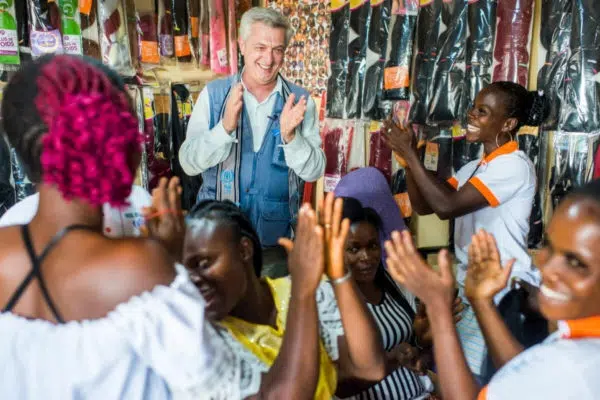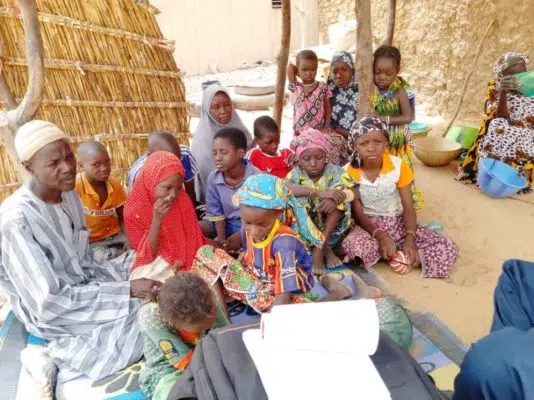
© UNHCR
This is a summary of what was said by UNHCR spokesperson Shabia Mantoo – to whom quoted text may be attributed – at today’s press briefing at the Palais des Nations in Geneva
More than 2 million refugees will be in need of resettlement next year, according to the Projected Global Resettlement Needs Assessment for 2023 released today by UNHCR, the UN Refugee Agency.
The 2023 figure represents a 36 percent increase compared to resettlement needs for this year, of 1.47 million.
This rise is attributed to the humanitarian impacts of the pandemic, the multitude of various protracted refugee situations, and the emergence of new displacement situations over the past year.
Most needs in 2023 will be from countries of asylum across the African continent; some 662,012 refugees hosted there are estimated to be in need of resettlement.
This is closely followed by the Middle East and North Africa (463,930) and Türkiye (417,200).
By country of origin, Syrian refugees (around 777,800) represent the population with the highest global resettlement needs, for the seventh year running, given that the Syria crisis remains the world’s largest refugee situation.
Refugees from Afghanistan – forcibly displaced during different periods of the country’s turbulent history – are estimated to have the second-highest resettlement needs globally (around 14 percent, or some 274,000 individuals).
They are followed by refugees from the Democratic Republic of the Congo (10 percent, or some 190,400 individuals), South Sudan (117,600 individuals) and Myanmar (more than 114,000 individuals – largely comprised of stateless Rohingya).
Resettlement – which involves the relocation of refugees from a country of asylum to a country that has agreed to admit them and grant them permanent settlement – is available only to a tiny fraction of the world’s refugees.
During the height of the pandemic in 2020, refugee resettlement plummeted to record lows, with only 22,800 departures that year.
While departures almost doubled in 2021, to 39,266, UNHCR is calling on states to help narrow the gap between the numbers of those in need of resettlement and places made available.
UNHCR is appealing for predictable, multi-year resettlement commitments from states. It also asks that resettlement quotas maintain flexibility, so that places are allocated based on urgent and emergency needs across the world.
UNHCR calls on states to speed up resettlement processing and departure arrangements and to strengthen their processing capacities and reception structures in a sustainable manner.
Resettlement remains a life-saving tool to ensure the protection of some of those most at risk or with specific needs that cannot be addressed in the country where they have sought protection. Of all refugees submitted by UNHCR for resettlement last year, 37 percent were for those with legal and physical protection needs, 32 percent were for survivors of violence and/or torture and 17 percent were for women, adolescents and children at risk.
More information on UNHCR’s 2023 refugee resettlement needs is available here: https://www.unhcr.org/62b18e714
Subscribe to UNHCR’s mailing list </p
Media contacts:
- In Geneva, Shabia Mantoo, mantoo@unhcr.org, +41 79 337 7650
Originally published by UNHCR on 21 June 2022





